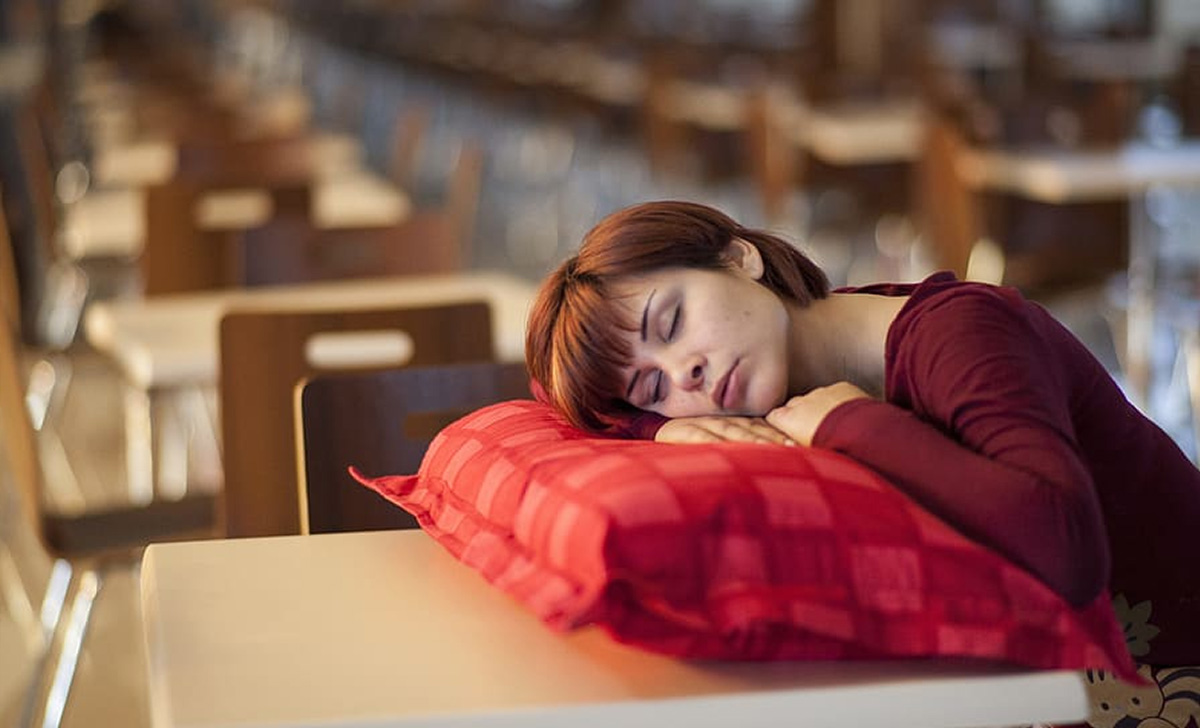Sleeping is a necessary activity for the body. Sleep has multiple benefits for our body and brain. Sleep allows us to restore, retune and finely balance certain physiological processes within our body. In a major study published in Science in 2013 (Xie L et al, 2013), for example, it has been shown that toxins that accumulate in the brain during waking hours are eliminated during sleep.
Sleep also plays an important role in strengthening our immune systems, in learning and consolidating memories, and in emotional regulation. It essentially affects our ability to manage and control our feelings and behaviors.
Therefore, sleep less than necessary, wake up in the middle of the night, working night shifts have a direct effect on various physiological functions of the body. For example, many are unaware that lack of sleep could negatively affect this daily activity.
Walking automatically
When we walk, in general, we don’t pay attention to it. Walking would seem to be an automatic and spontaneous process that does not need our vigilant attention. In reality, it is a complex system of movement that involves different parts of the body and requires the coordination of numerous muscles.
In some preliminary studies, researchers had enrolled college students to study the automatic mechanisms and conscious mechanisms that underlie walking. At some point, however, they realized that the students’ walking tests worsened significantly towards the end of the semester. During that time, students took more exams and slept less to study. From here, it was decided to investigate the link between sleep deprivation and walking.
Many are unaware that lack of sleep could negatively affect this daily activity
In an article just published in Nature’s prestigious Scientific Reports (Umemura GS et al, 2021), the researchers obtained important results.
The students monitored their sleep over a period of 14 days. On average, each student slept about six hours a day. Some of them made up for lost sleep over the weekend. The evening before day 14 some of them stayed up all night in the laboratory: this group constitutes the Acute Sleep Deprivation Group (SAD). On day 14, all the subjects went to the laboratory for walking tests.
The walk was performed on a treadmill, to the rhythm of a metronome. The students were asked to keep up with the beat, as the researchers slowly and subtly raised and lowered the metronome speed, without telling the students they were doing it. The subjects of the SAD group were the ones who made the most mistakes in trying to keep the rhythm of the metronome. Conversely, the students who performed slightly better were the ones who compensated and slept slightly more over the weekend.
This result is very important. Ideally we should sleep 8 hours a night. If for some reason this is not possible, sleep deprivation should be compensated for as regularly as possible.


